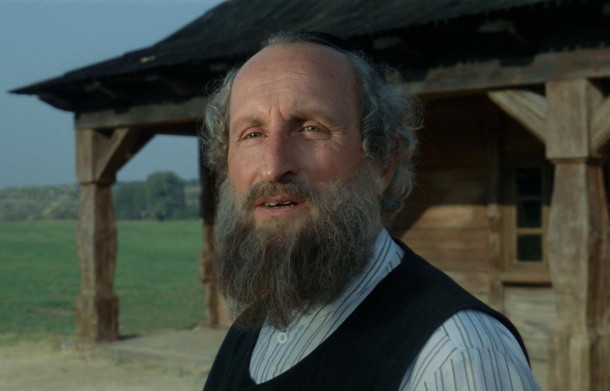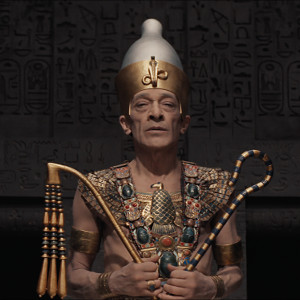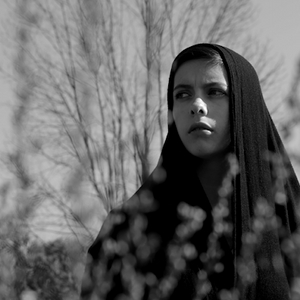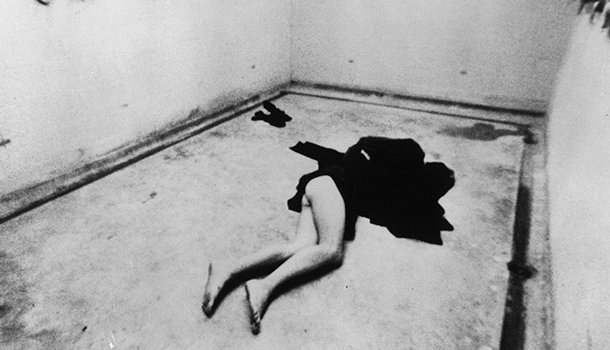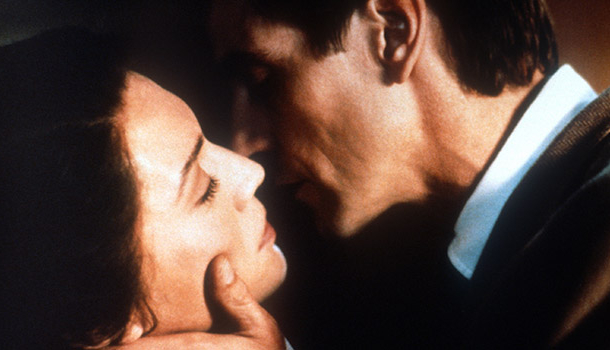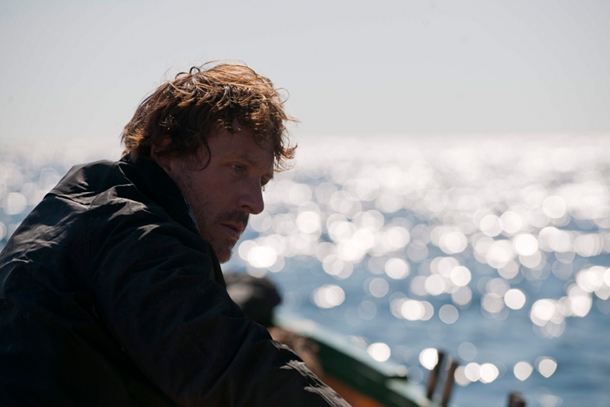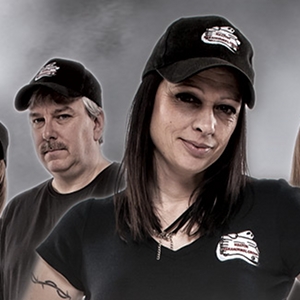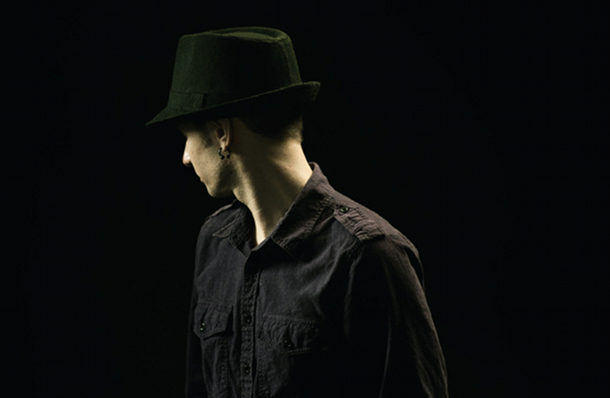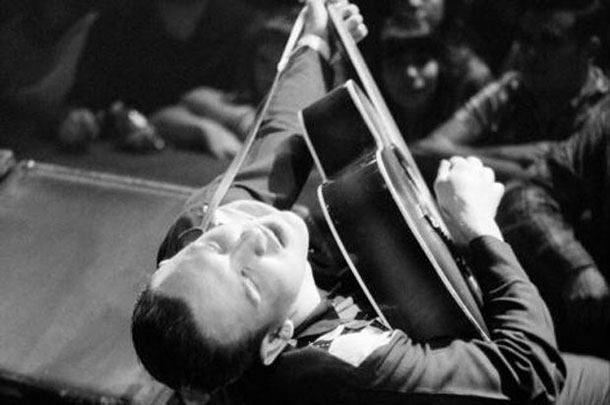Young love is a tender thing. Easily dismissed as puppy love, infatuation, immature discovery, or any number of rather derogatory adjectives. Love is love and it’s real when you feel it. This is true for senior citizens, adults, and even teenagers, excuse me, young adults. How I live Now is Kevin McDonald’s adaptation of Meg Rosoff’s novel of the same name. It’s a book that falls squarely into the hip, new, category of Young Adult fiction. These books have lately been adapted to the big screen with large success. City of Bones, Percy Jackson, and most notably, the Twilight series are al examples of YA novels becoming big budget films. The difference between those titles and How I Live Now is that the fantasy elements in something like Twilight are clearly fantasy, whereas the fantasy of How I Live Now is based in a terrifyingly possible reality.
